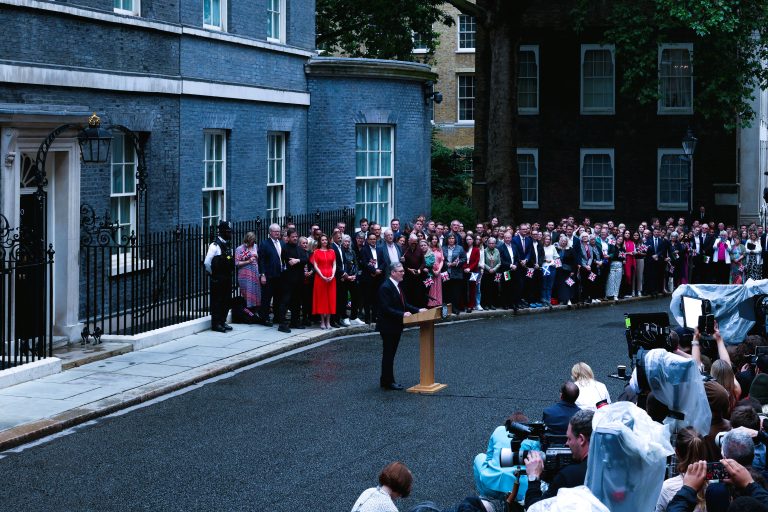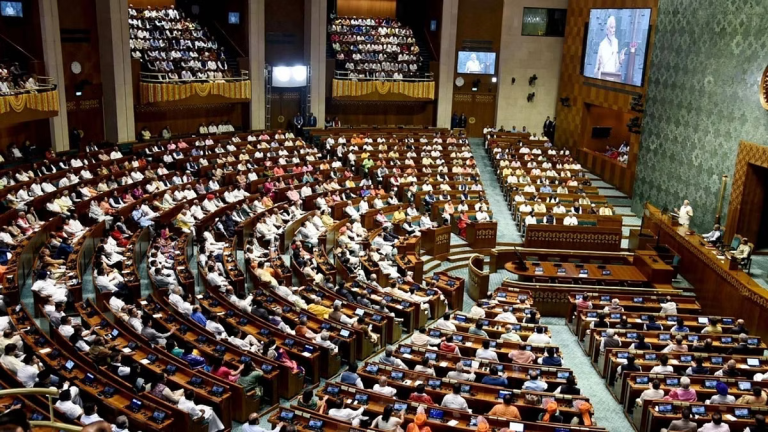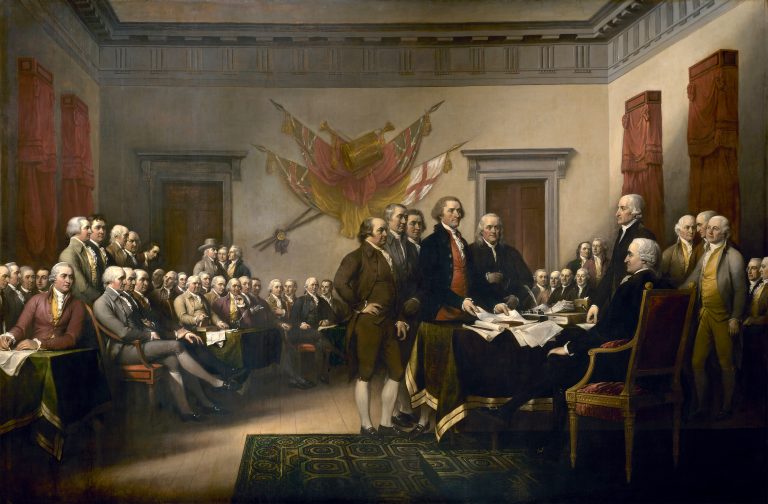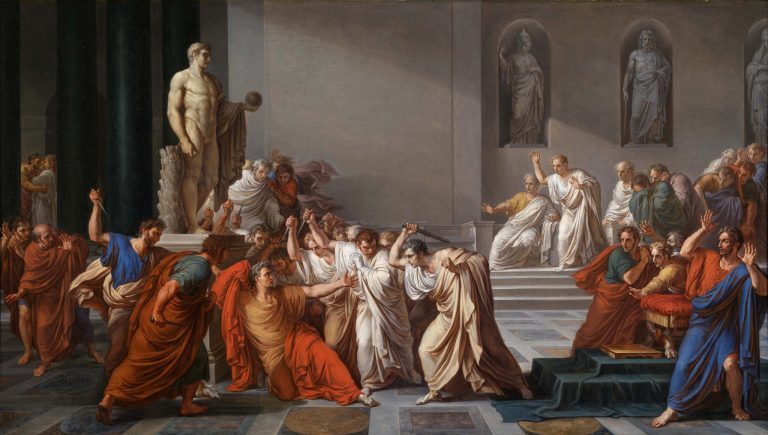The French National Assembly election verdict has shocked all who were spectating the events leading up to the snap elections called by President Macron after the European Parliament election. Most anticipated the far-right National Rally to repeat its stellar performance from the EU elections in this very election. But as the saying goes, “a week is a long time in politics.”
In my previous writing, I was also inclined to the conclusion that the Le Penn-led party would secure the most support, but to the contrary, it was just placed third amongst the first, the left alliance, The New Popular Front, and the second, the Macron-led Ensemble (“Together”).
- The New Popular Front: 180 seats
- Ensemble: 159 seats
- The National Rally: 142 seats
- The Republicans: 25 seats
There are several key breakaways from the French elections that will serve as a guide and signal to other centrist and left-wing groups around Europe, where there was a recent surge in support for far-right political agendas fired by political leaders who propagate and encapsulate the idealisms of ethnic nationalism, populism, fascism, anti-elitism, and anti-liberal forces.
First, to counter the growing surge of the far-right, the liberal centrist forces and the socialists have to make tactical alliances to prevent a split of center-left voters, which was the case in the first round of the French Assembly elections. But to counter the split in the second round, Ensemble and The New Popular Front created ‘The Republican Front” to block the surge of the far-right. Both, in tandem, withdrew the candidate who came third (in the first round) from each constituency, leading to hundreds of candidates from both blocs quitting the second round of elections, ensuring the anti-National Rally votes does not get split to a great extent, which would give them an overall victory. A tactical alliance based on strengths and weaknesses in particular local regions should be made to prevent extremists from gaining power.
Second, social media is playing a vital role in voting intentions, especially among young age groups. In recent times, the far-right eco system for the likes of Tate and Peterson has been successful in meandering the algorithm of these platforms to spread their agenda in creative mechanisms that appeal to the masses, but in particular the young—spreading the idea of the lost masculinity in men and how the top echelons are controlled by the educated liberal elite. They have exploited the detrimental effects of low economic prosperity, unstable mental health caused by a demanding schedule, higher societal standards and expectations, and most importantly, the prominence of loneliness due to the rise in digital communication and, of course, COVID-19. Due to their digital presence, these influencers have an intercontinental presence, giving them the opportunity to feed their poisonous thoughts into young minds, which are not competent to realize what is right and wrong and are vulnerable to extremist thoughts, which can lead to damaging societal effects and also electoral gains for the politicians who also propagate the same platform as these influencers. However, taking note of the French youngsters, they countered the toxic ideas by exemplifying their activism for the liberal ideals that define the French Republic, serving as the most ardent voting group for the anti-National Rally. Thus, civil society groups in other nations should also follow suit and initiate a positive counter campaign to the negative toxicity spread by these so called “influencers”.
Third, have a common minimum program—a set of key economic reforms, if elected. The voters are clearly distressed by politicians dilly-dallying only on cultural issues that are part of the issues but not the most hurtful. The aspect of life that can be changed by the policymakers that run for elected offices is the money that everyone has in their wallet. People care about economic policies, especially when wealth disparity is at its highest and the cost of living is breaking record highs of the 21st century. The policies of the New Popular Front, which gauged the attention of the French electorate, were to address three main components of distress amongst the working class. One is wealth inequality. Two: low wages. Three: retirement age. For the first, they promise to implement a tax on super profits by firms and a wealth tax on the rich. For the second, there will be a 10% increase in minimum wages in public sector jobs. For the third, the NPF plans to reverse the decision of Macron to increase the retirement age from 62 to 64, which made the French people come out to the street to voice their opposition to the policy. A coherent and concrete economic agenda that shall serve as a prudent counter narrative to the right, as they favor to paddle around cultural issues that divide society and remove economic hardship from people’s minds. Hence the cajoling hatred towards the minority and marginalized communities.
The French motto of Liberté, Égalité, and Actualité lives to see another day. As I always stay optimist, I will remain such and hope for the best—the dwindling of division amongst people on the basis of culture, creed, color, and religion—the end to violence both physical and mental in the name of certain schools of thought.





